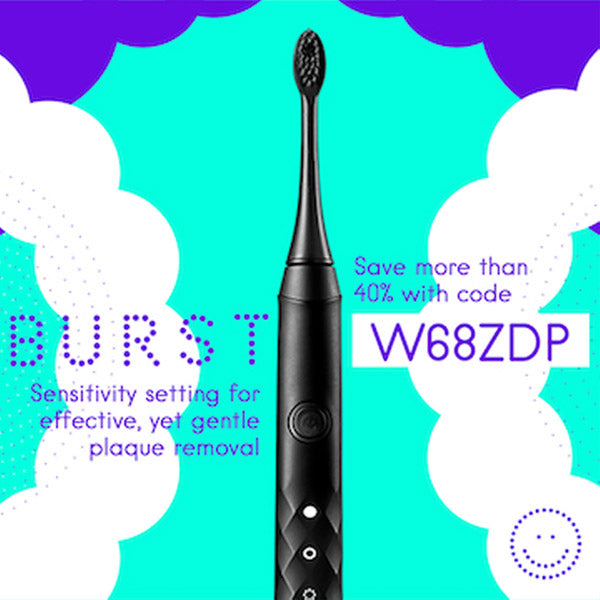Trismus
Trismus is a potential side effect of surgery and radiation therapy to the head and neck region that involves restriction with opening the mouth. Trismus can affect a patient's quality of life in several ways. A restricted opening can result in impaired articulation and vocal quality. Access for oral hygiene and dental treatment may become limited. More advanced stages of Trismus can make it difficult or impossible to insert dentures. The ability to chew and swallow can become compromised, increasing the risk of aspiration.
It is often an overlooked condition until it progresses into the more advanced stages. It may begin during radiation treatment or years after treatments are complete. As Trismus progresses, the condition becomes more difficult to treat. Not everyone who receives radiation therapy to the head and neck will develop Trismus. According to the Oral Cancer Foundation, "While there are few published studies, the range of prevalence of the condition is between 10 and 40 percent." Patients should be informed of the risk and be provided self-care stretches at the onset of treatment to focus on prevention. Click HERE for Printable Patient Education from Memorial Sloan Kettering Cancer Center.
If symptoms do arise, a thorough medical history is critical for accurate diagnosis. Note any past trauma to the head, neck or jaw and habits such as clenching and bruxing. Examine for TMJ crepitation or subluxation as well as mandible deviations. Record the patient's maximum incisal opening, lateral excursions and protrusion to monitor progress. Additional information including Range Of Motion guidelines can be found HERE.
Besides homecare stretches, treatments may include a mechanical stretching device, physical therapy or massage therapy. Long-term monitoring is important to ensure continued improvement and avoid relapse.




